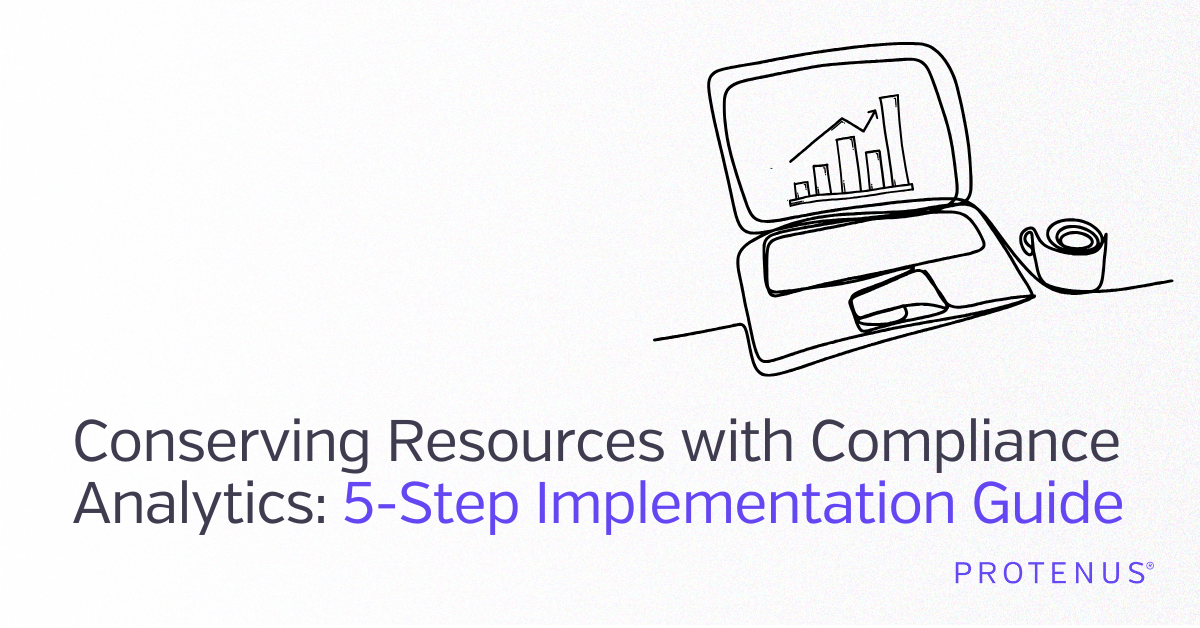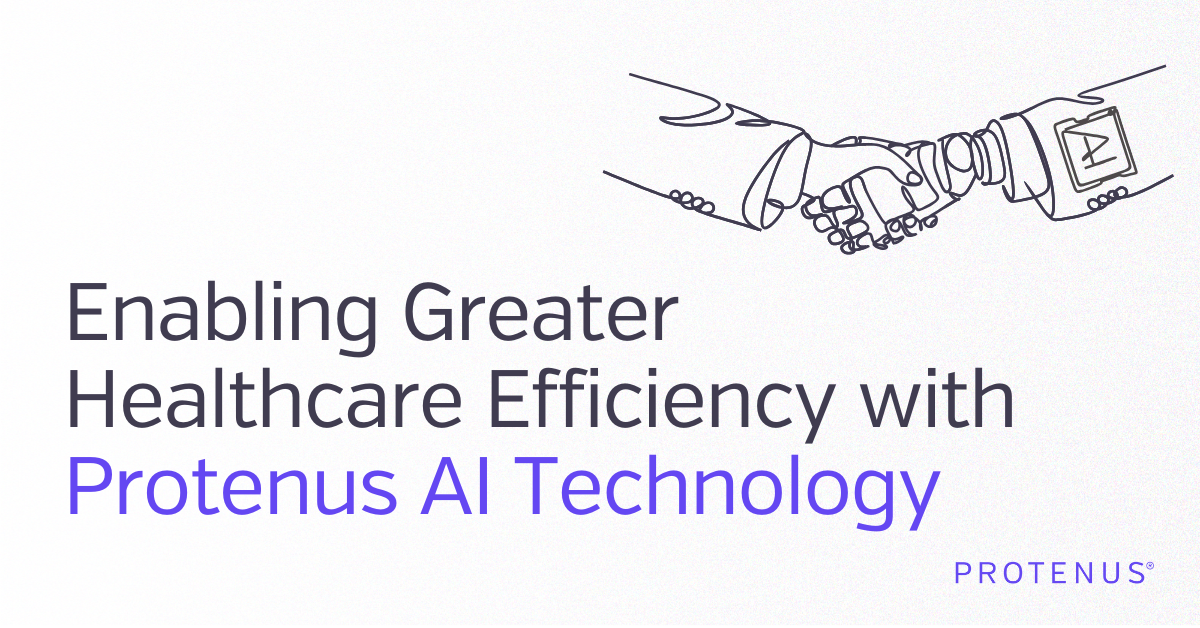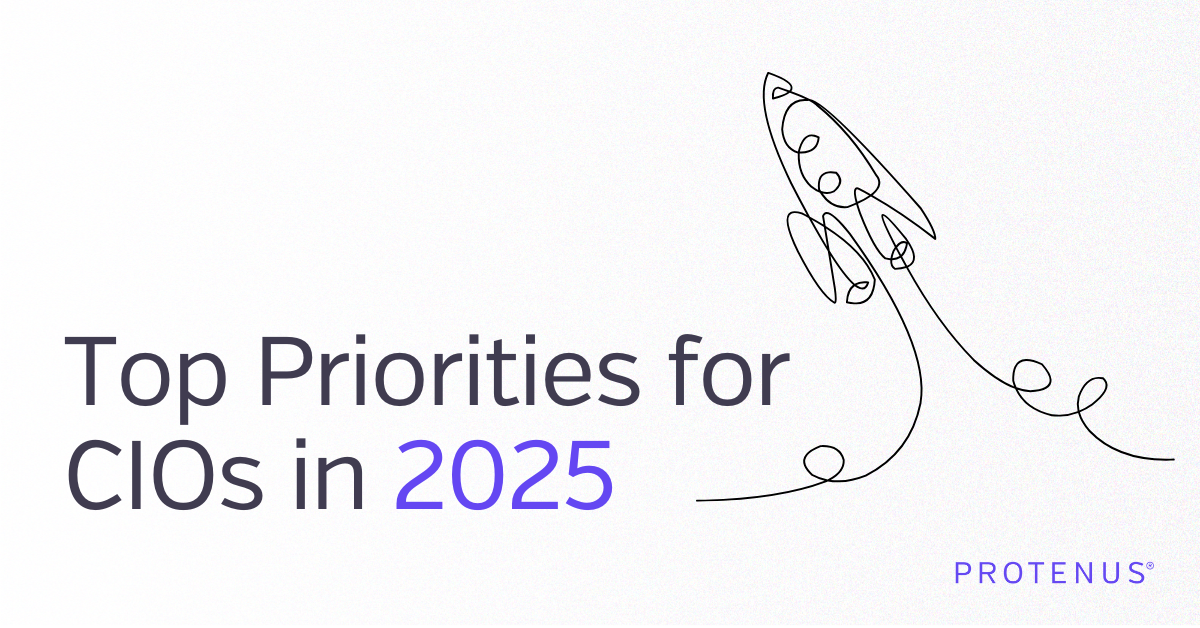Share this

As opioid crisis hits healthcare workplaces, here’s how artificial intelligence can help hospitals monitor controlled substances and keep employees safe
by Cosme Adrover on February 27, 2018
In 2014, 3.2 billion prescriptions were ordered during hospital visits, and the majority of those transactions were completed without incident. But, there are an increasing number of individuals that divert medications, most often narcotics, for their own use. According to the Centers for Disease Control (CDC), more than 1 in 5 of those abusing prescription medications get them by stealing or purchasing them illegally.
Hospitals ‒ a key source of controlled substances which are diverted, or moved from a legitimate use to an illicit one ‒ are especially at risk. According to a 2014 review of state and federal records by USA Today, more than 100,000 doctors, nurses, medical technicians and health care aides are abusing or dependent on prescription drugs in a given year. At their most significant, the impacts of drug diversion range from irreversible damage on a healthcare organization’s reputation and the levy of fines up to $2.3M, to the death of patients and employees.
Based on our studies, healthcare organizations rely primarily on three processes to monitor their drug dispensing data. Each has constraints and limitations, including risk, error and subjectivity. What if there was a stronger, more effective approach – one that could prevent some of drug diversion’s most devastating consequences?
Current Drug Dispensing Review Processes
Today, a pharmacy manager might be able to selectively review 100 transactions from a dispensing cabinet, out of hundreds of thousands that take place every week. They will then need to highlight and research usage that falls outside of acceptable hospital practices, or use a simple standard deviation analysis to review the vending history of employees who access the most drugs. As they only review a small number of the total transactions, suspicious patterns will likely never be exposed.
Hospitals could also ask their employees if they follow the healthcare organization’s required steps and wasting – or disposing of – medications using the approved process. This method is inherently risky, as it relies on an honor system that may not hold up against the pull of addiction.
Third, the nurse manager or other senior manager might review transactions in response to complaints regarding a specific employee, such as missing an unusually high number of days of work, falling asleep on the job or being lethargic during the work day. This process also comes with a higher level of risk; by the time a complaint is brought and explored, the employee in question could have harmed themselves, or someone else.
Using Artificial Intelligence to Better Understand Drug Diversion
In 2014, we built the Protenus healthcare compliance platform to help hospitals, insurance companies and health information exchanges prevent patient privacy violations by using artificial intelligence to identify irregular behavior at all points of patient care. The platform protects patients’ personal medical data by reviewing all digital interactions and producing alerts to suspicious activity, eliminating manual audits and reducing false positives to single digits.
We understood, early on, that this work with AI, data analytics and privacy has provided us with the understanding and expertise to develop algorithms for analyzing data related to other anomalous activities, including drug waste and diversion. Proactively monitoring all of a hospital’s drug usage and waste, our platform reviews and reconciles every automatic dispensing cabinet (ADC) and electronic medical administration record (eMAR) transactions with a hospital’s electronic health record system, physical security logs and attendance systems. By developing a 360-degree view, and tracking medications from the time they are accessed to the time they reach a patient, our platform quickly identifies anomalies and access patterns, and elevates questionable activities – true threats – for review.
For example, our artificial intelligence platform can detect, in seconds, when employees hold narcotics on their person for periods longer than they should instead of wasting the controlled substance following the hospital’s documented process. Rather than manually reviewing large quantities of reports, or relying on complaints or the honor system, the alerts produce robust, easy-to-read narratives in virtual real time.
Ensuring privacy and decreasing drug diversion are critical to improving patient care, safety and trust in healthcare organizations today. A full, clinically aware picture of how drugs with high value and high abuse potential are being used – and abused – will be critical as hospitals strive to manage this challenging issue. Drug diversion isn’t just about preventing the misappropriation of drugs – it’s about the safety of patients, and employees, in hospitals across the U.S.
Share this
- December 1, 2024 (3)
- November 1, 2024 (1)
- October 1, 2024 (2)
- September 1, 2024 (1)
- August 1, 2024 (1)
- July 1, 2024 (1)
- June 1, 2024 (1)
- May 1, 2024 (1)
- March 1, 2024 (2)
- February 1, 2024 (3)
- January 1, 2024 (1)
- December 1, 2023 (1)
- November 1, 2023 (3)
- October 1, 2023 (3)
- September 1, 2023 (1)
- August 1, 2023 (1)
- July 1, 2023 (2)
- April 1, 2023 (1)
- March 1, 2023 (1)
- February 1, 2023 (1)
- December 1, 2022 (3)
- November 1, 2022 (3)
- October 1, 2022 (1)
- September 1, 2022 (1)
- August 1, 2022 (2)
- June 1, 2022 (4)
- May 1, 2022 (5)
- April 1, 2022 (1)
- March 1, 2022 (4)
- February 1, 2022 (3)
- November 1, 2021 (2)
- October 1, 2021 (3)
- September 1, 2021 (3)
- August 1, 2021 (3)
- July 1, 2021 (4)
- June 1, 2021 (2)
- May 1, 2021 (2)
- April 1, 2021 (2)
- March 1, 2021 (5)
- February 1, 2021 (1)
- January 1, 2021 (1)
- December 1, 2020 (1)
- November 1, 2020 (2)
- October 1, 2020 (2)
- September 1, 2020 (3)
- August 1, 2020 (2)
- July 1, 2020 (2)
- June 1, 2020 (6)
- May 1, 2020 (3)
- April 1, 2020 (4)
- March 1, 2020 (2)
- February 1, 2020 (4)
- January 1, 2020 (2)
- December 1, 2019 (2)
- November 1, 2019 (1)
- October 1, 2019 (1)
- September 1, 2019 (1)
- August 1, 2019 (1)
- June 1, 2019 (1)
- April 1, 2019 (1)
- February 1, 2019 (1)
- January 1, 2019 (1)
- December 1, 2018 (2)
- November 1, 2018 (2)
- October 1, 2018 (2)
- September 1, 2018 (3)
- August 1, 2018 (1)
- July 1, 2018 (2)
- June 1, 2018 (2)
- May 1, 2018 (1)
- April 1, 2018 (1)
- March 1, 2018 (2)
- February 1, 2018 (6)
- January 1, 2018 (2)
- September 1, 2017 (2)
- August 1, 2017 (2)
- June 1, 2017 (2)
- May 1, 2017 (1)
- April 1, 2017 (1)
- March 1, 2017 (2)
- February 1, 2017 (5)
- January 1, 2017 (2)
- December 1, 2016 (3)
- November 1, 2016 (5)
- October 1, 2016 (4)
- September 1, 2016 (8)
- August 1, 2016 (4)
- July 1, 2016 (4)
Subscribe by email
You May Also Like

Conserving Resources with Compliance Analytics: A 5-Step Implementation Guide

Enabling Greater Healthcare Efficiency with Protenus AI Technology


